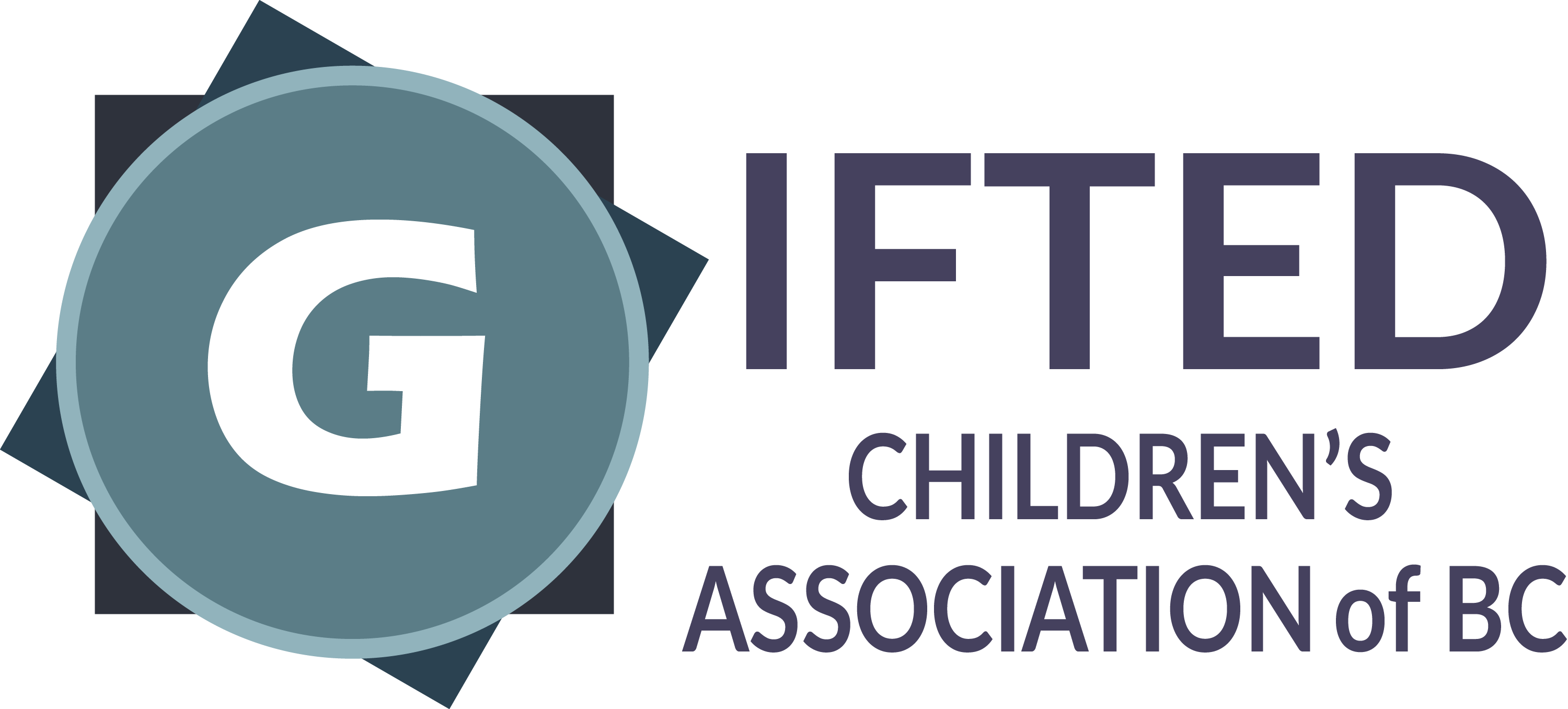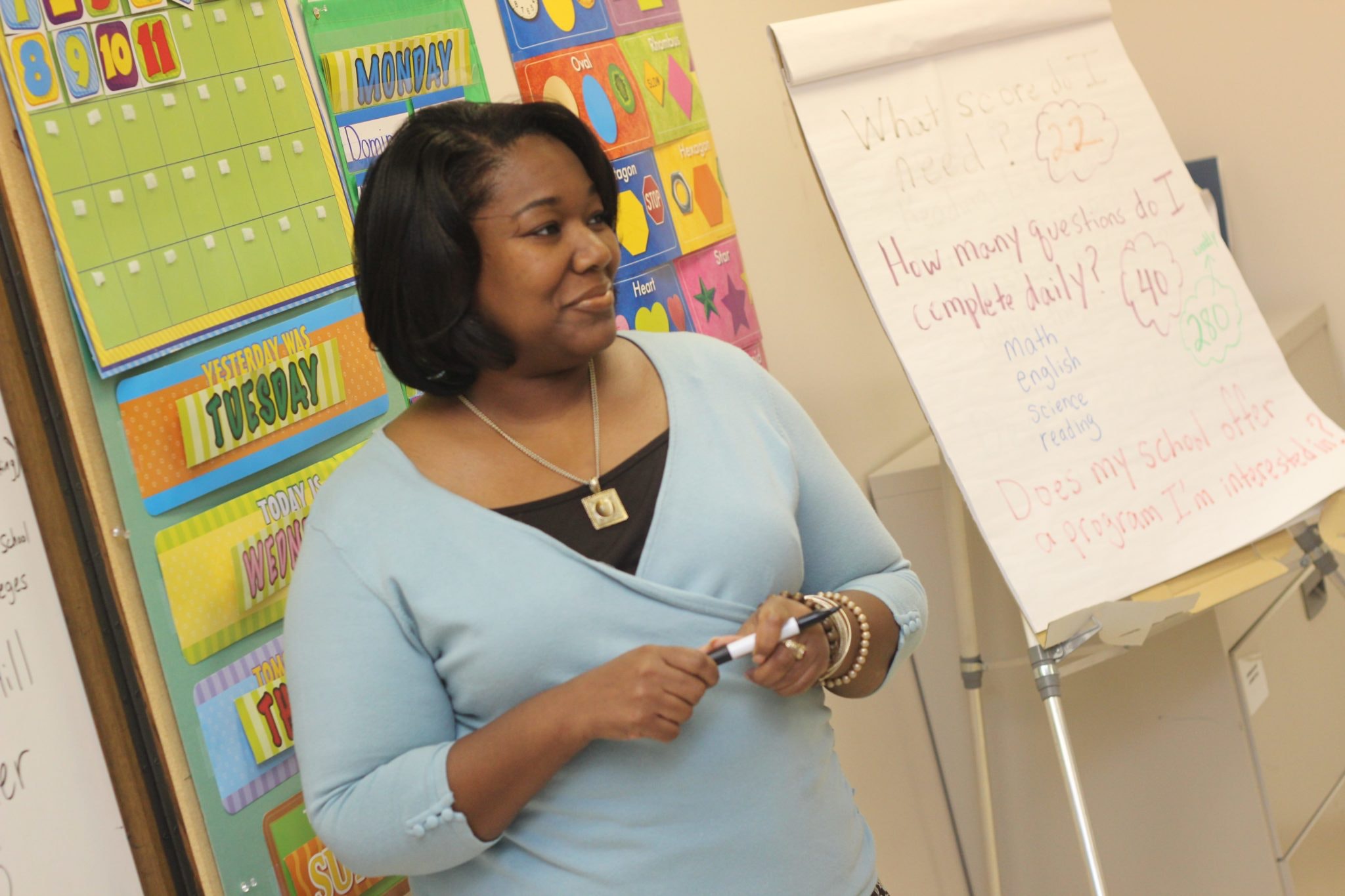By Betty-Jo Gillett MA
To assess or not to assess. One of the most common questions in gifted parenting forums is whether it’s beneficial to have a psychoeducational assessment. Is it worth spending the money to have a private assessment? What difference will it make at school? Why bother when some schools don’t appear to have any programs for gifted students?
As the parent of a profoundly gifted 2e (Twice Exceptional) child, I not only had to learn what giftedness was; but also become a subject matter expert on my child in order to advocate for him. Individual Psychoeducational (Psych Ed) Assessments provided our family with key foundational information and understanding about our child’s strengths and challenges, which were invaluable both at home and at school. The psychologist we worked with helped us by providing crucial recommendations and insights on how to navigate parenting our atypical child.
Many experts cite school placement and educational programming as the key reason for having a child assessed. Some questions you may wish to consider in deciding whether to have your child assessed are:
➢ Are there indicators- such as academic performance, social-emotional characteristics, or certain behaviours – that make me suspect my child is gifted?
➢ Is my child not thriving or unhappy in their current learning environment?
➢ Does my child demonstrate giftedness, but it’s not recognized because I suspect other factors (such as a learning disability, ADHD, or anxiety for example) may be getting in the way?
For students who are gifted, assessments can provide an objective view of the child’s learning needs that can help parents make informed decisions. In the absence of formal gifted programs, many schools will support and accommodate gifted students in an individualized way, based on the findings and recommendations in a child’s psych ed assessment.
For the adults who are teaching and parenting the gifted child, a diagnosis can convey validated essential information, clarity and a framework for understanding giftedness. Clear, concise and easily understood recommendations in a well-written psych ed assessment can serve as a Rosetta Stone, for both parents and educators alike.
An assessment can provide:
➢ A clear understanding your child’s academic strengths and challenges relating to learning aptitudes, information processing, and academic skills.
➢ The diagnosis of a learning disability, ADHD or developmental disability if present.
➢ An action plan for improving academic performance.
➢ A list of recommended accommodations to seek from schools.
➢ Some common academic accommodations include:
- Individualized Education Plan (IEP)
- Access to challenge or gifted programs
- Accelerated learning options
In my experience, I believe we need to consciously acknowledge that giftedness, unlike the name implies, is not a guaranteed precursor to success. Gifted children are often among our most vulnerable students needing ongoing support and advocacy. Many parents are concerned about identification being just a ‘label’; personally, I see it as a lens to a greater understanding of your child. When your child is atypical, it’s likely they’ll be labelled ‘something’.
If they are assessed as gifted or gifted with other exceptionalities, then the type of special needs they have can be named, giving those working with the child more information on how to support those needs. With many educators having little to no training in how to work with gifted students, assessments can go a long way to opening the lines of communication and developing an evidence-based dialogue about your child’s learning needs.
Resources
- Gifted Children’s Association of BC – https://giftedchildrenbc.org/professional-support/
- Gifted Education: A Resource Guide for Teachers (2006/2007) https://www2.gov.bc.ca/assets/gov/education/kindergarten-to-grade-12/teach/teaching-tools/inclusive/gifted-education.pdf
- Davidson Institute – Assessing Gifted Children https://www.davidsongifted.org/Search-Database/entry/A10221
- National Association for Gifted Children – Tests & Assessments https://www.nagc.org/resources-publications/gifted-education-practices/identification/tests-assessments
©2019bjgillett



